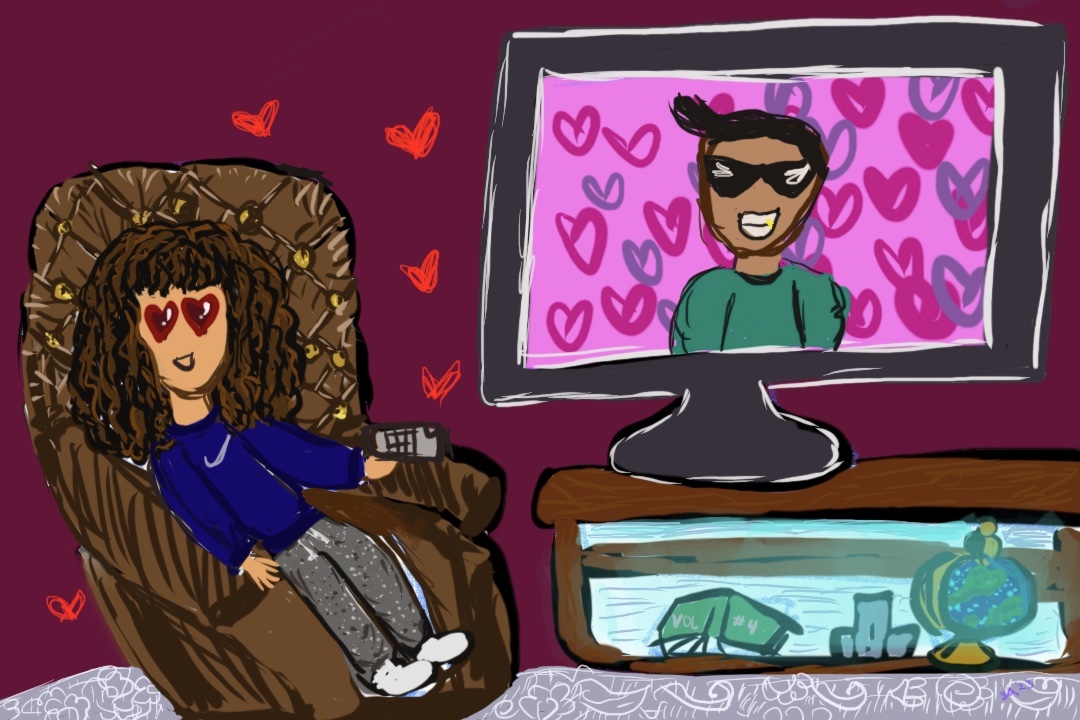“Be careful who you love.” — Michael Jackson
When I was seventeen, I stumbled on the Motown 25 special. I watched it out of curiosity as a distraction for the night, only to become hypnotized by “Billie Jean.” His fedora and sequined glove weren’t new to the world anymore, but they were to me. All I could do was look up at my television screen with wide eyes at his glittering silhouette, and the song that seemed to captivate everyone from investment bankers to stray cats with its urgency.
That was when I fell into the rabbit hole of Michael Jackson’s music.
It felt like returning to a lost place as I listened through every album and short film he ever made. But I had further to fall as I went on to soak up any biography about his life that I could find.
Around this time, most of the world was in lockdown due to the COVID-19 pandemic. This meant that time was a resource I had an abundance of, and connection was not. Something about watching audiences get swept away by Michael Jackson, from a time when I wasn’t even alive, made me feel like I belonged in a way no other fandom has ever inspired in me. Until Michael Jackson, I had never fangirled over anyone.
To understand my descent into the Michael Jackson fandom, one must understand the phenomenon of parasocial relationships as a whole.
Tilo Hartmann’s research in The Routledge Handbook of Media and Well-being reveals that parasocial relationships provide feelings of connectedness to someone even when the interaction is one-sided — and that in some cases, this could be a good thing. Hartmann also poignantly equates the human need to belong as primordial of a feeling as pain itself. This made sense on a personal level, as growing attached to someone who made me feel like I belonged was enough to override feelings of isolation.
It also lends an explanation of Michael Jackson’s ever growing fanbase to date. I was far from being alone in feeling like he was a more integral part of my life than many of the tangible relationships in my life combined — this was affirmed by the years I spent immersed in the fandom.
Something about Michael Jackson was ambrosia to me during the end of my teenage years. His music was like a final jolt of childlike wonderment while simultaneously making me feel like I could even transition into adulthood. He had a song for everything. “Heal the World” made me feel like I could heal myself, and “You Can’t Win” made me understand that I didn’t have to.
As it turns out, the above experience that I describe encompasses one of the main facets of parasocial relationships that Riva Tukachinsky Forster describes in her book Parasocial Relationships: Falling in Love with Media Figures. Forster notes that parasocial relationships are, by nature, imaginary. Her research revealed that the person experiencing the parasocial relationship becomes infatuated with a celebrity’s image and not the person themself. Yet the accompanying emotions involved are nearly identical to those in relationships founded in reality.
While reality inevitably eclipses the imaginary, I’ll never judge anyone for wanting to look up to another — whether based on fantasy or not. Especially since I can say firsthand that my parasocial relationship changed my life in ways no one else has.
For most people, a celebrity obsession is a phase, and mine was admittedly no different. And as the world started to open up again, so did I. About three years after almost morphing into a fangirl, I found myself in an indie record store selling a vinyl of Michael Jackson’s “Off The Wall.” Maybe the newer, tangible relationships I had took precedence over my parasocial one and made my fervency as a fan dwindle from what it used to be. But when I looked at his warm eyes on the album cover — him in a tuxedo, smiling as freely as the sweeping saxophone of the title track — I remembered him as the one who made me fall in love with life, when life wasn’t easy to love.



No comments to display.